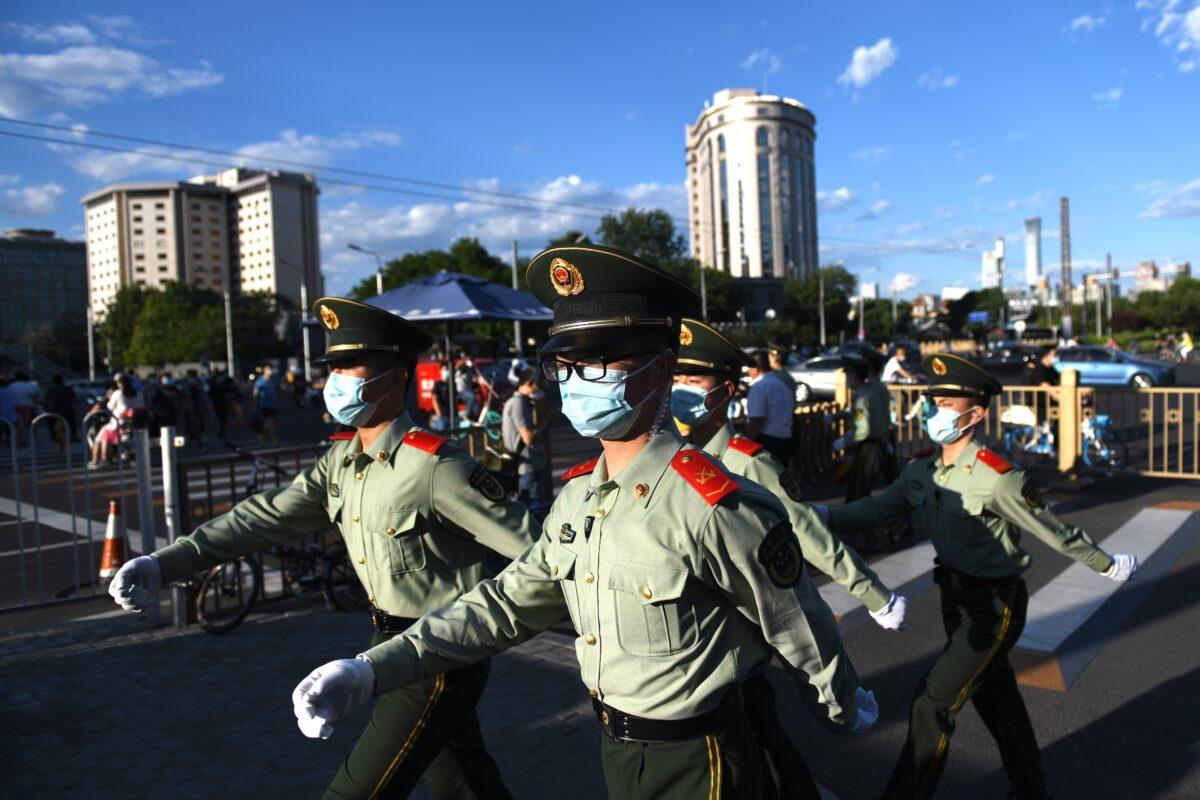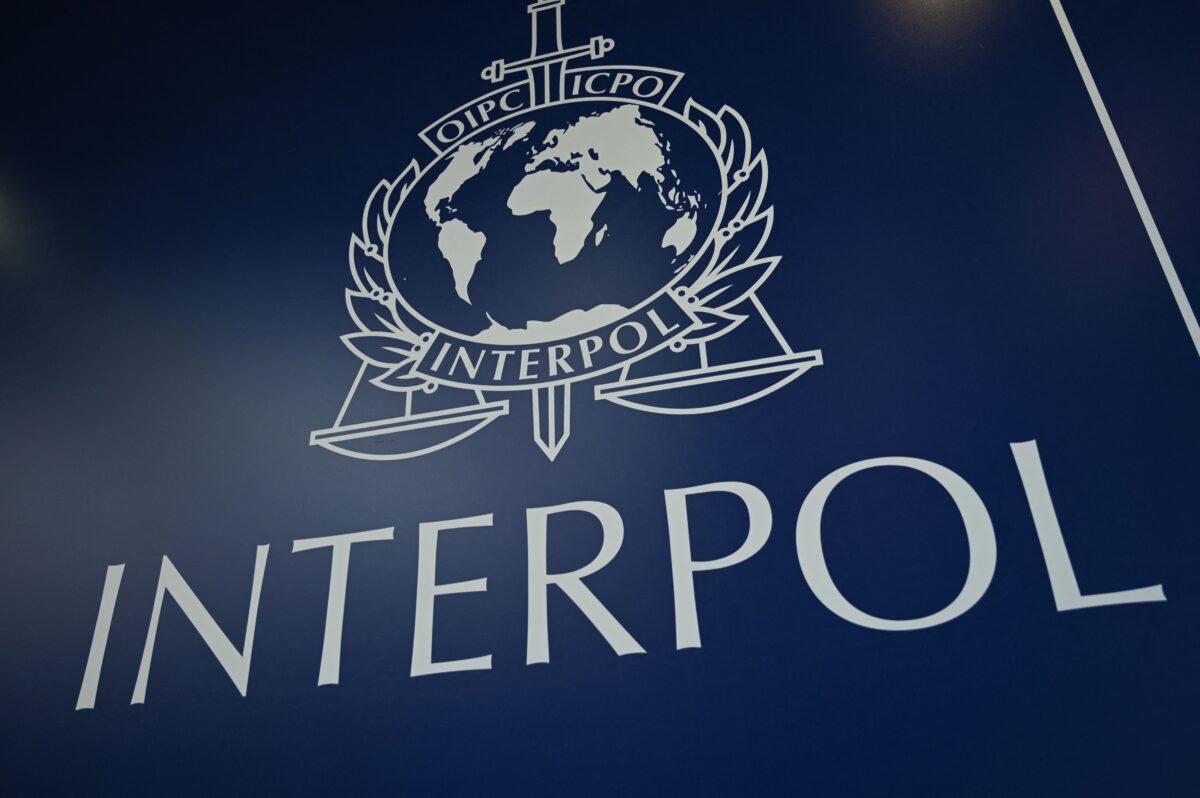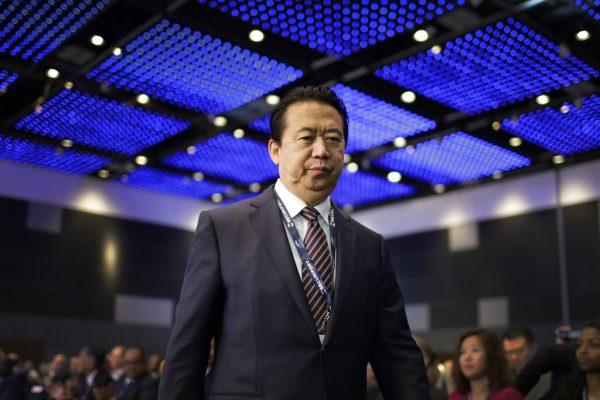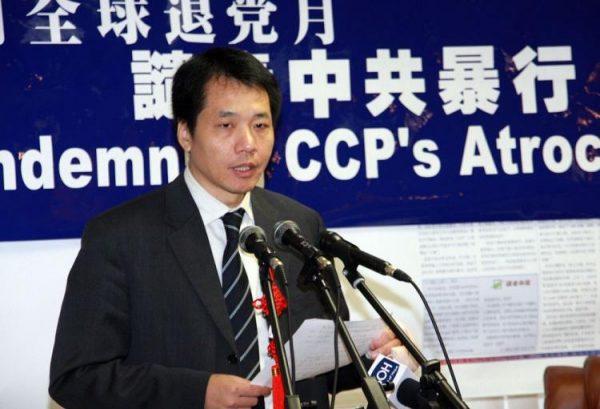The Chinese Communist Party (CCP) has been working for decades to infiltrate and dominate global organizations through clandestine means, but only recently has it become bold enough to institutionalize its operations and open a number of police stations overseas, an investigative journalist says.
Newman said he learned from Trump administration officials that “holdovers from the Obama administration were, in many cases, cheerleaders for Communist China, cheerleaders for the CCPs growing role in international affairs.”
Chinese Police Outposts Overseas

An outpost in New York City was opened in February and was one of the “first batch” of 30 overseas police service stations in 21 countries set up by the Public Security Bureau in Fuzhou, Fujian province.
The total number of such stations is unclear, Safeguard Defenders said in its recent report.
Ostensibly, the overseas Chinese police stations offer some services “of a consular nature,” the report said, but their goal is also to persuade Chinese immigrants that are deemed to be involved in fraud, especially online fraud, to return to China where they may face prosecution.
A key method used by the Chinese regime to convince suspects to return to China is targeting their family members in China through means of intimidation, harassment, detention, or imprisonment to persuade their family members abroad to return “voluntarily,” the report said.
How the CCP Influenced Interpol

Interpol is “kind of a clearing house mechanism” where a government can ask other members to detain and repatriate fugitives who have allegedly committed serious crimes and fled the country, Newman explained.
It is not an international crime-fighting agency that can take the initiative to investigate and pursue global terrorists, as portrayed in Hollywood movies, he said.

“The Communist Chinese were then using Interpol as a mechanism to track down and to harass dissidents,” he said.
It has already been revealed that the CCP expects its members serving within the UN and international institutions “to obey, first and foremost, the party leadership in Beijing,” Newman said. “But this was incredible to have them arrest an international quote-unquote ‘civil servant’ and publicly say the reason they were doing this was because he wasn’t properly obeying party orders.”
“The fact that Hu works in the International Cooperation Department, which is responsible for the PRC’s expansion of its policing overseas to return ‘fugitives’ to China, via both legal and illegal means, is a significant cause for concern,” the report said.
Newman said these actions speak volumes about how CCP members are operating in international institutions.
Hunting Chinese Dissidents Abroad

“In the crosshairs overseas are Chinese democracy activists, Tibetans, the exiled Uighur community, Falun Gong practitioners, supporters of Taiwanese independence, and countless others—essentially anybody who disagrees with the regime or paints a negative image of it abroad,” Newman wrote.
At that time, Newman interviewed Sweden’s chief national security prosecutor Tomas Lindstram, who prosecuted a Communist Chinese spy for engaging in aggravated illegal espionage against Chinese dissidents in Sweden.
“These were Chinese nationals who had fled from the oppressive regime, who had taken refuge in Sweden, and Chinese spies were running around harassing them, gathering intelligence on them,“ Newman told The Epoch Times. ”Same thing was happening in Canada. Same thing has been happening all over the world.”
The tracking and harassing of Chinese dissidents also occurs on American soil, Newman pointed out, adding that the U.S. government is aware of it.
Congress has known about the CCP’s covert activity for a very long time, Newman said, citing a resolution passed by Congress in 2004 that explained how Chinese diplomats were actively harassing and persecuting Chinese dissidents in the United States.
The Chinese diplomats were breaking into the homes of activists, pressuring U.S. officials with threats, and spreading lies, Newman said.
“This is the behavior of a criminal operation,” Newman said. “This could not be happening without the tacit approval of the U.S. government.”






